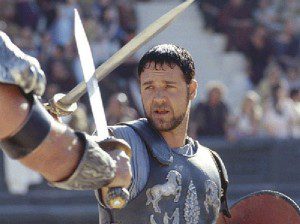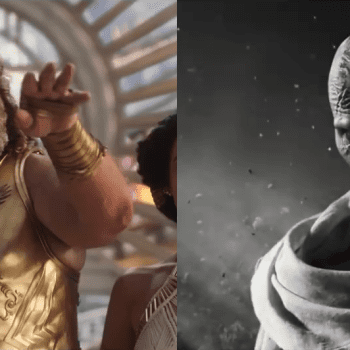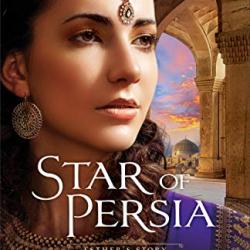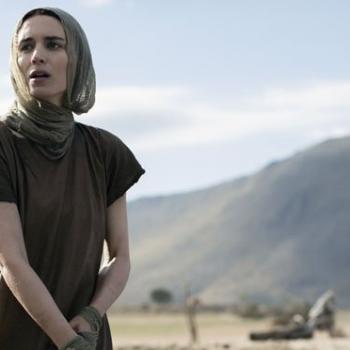 People may mock the pieties of ancient biblical epics, but when I was a lad, I watched them for the gore. Ben-Hur was a particular favorite: slaves were crushed under the collapsing hulls of their ships, Charlton Heston ran around the deck throwing spears through pirates and shoving torches in their faces, and of course there was the carnage of that famous chariot race, in which, among other things, Stephen Boyd was dragged by his own horses and trampled by the thoroughbreds behind him.
People may mock the pieties of ancient biblical epics, but when I was a lad, I watched them for the gore. Ben-Hur was a particular favorite: slaves were crushed under the collapsing hulls of their ships, Charlton Heston ran around the deck throwing spears through pirates and shoving torches in their faces, and of course there was the carnage of that famous chariot race, in which, among other things, Stephen Boyd was dragged by his own horses and trampled by the thoroughbreds behind him.
I thought of that film while watching Gladiator, the first true sword-and-sandals epic since the 1960s. Set in the second century, it follows a similar storyline, and it’s full of beheadings, stabbings, and flaming arrows; one person is even split in half by the spoke on a passing chariot wheel. Russell Crowe plays Maximus, a victorious Roman general who is betrayed by the jealous new emperor Commodus (Joaquin Phoenix) and enslaved, his family slaughtered. With nothing to live for but revenge, Maximus distinguishes himself in the arena and ultimately works his way to the big leagues in Rome, where he itches for a chance to stand before Commodus again and plunge something sharp into the emperor’s belly.
Gladiator pays homage to other films, too. The opening battle scenes, full of frantic close-ups, may not have much in common with the more studious confrontations in Stanley Kubrick’s Spartacus, but Crowe’s initial refusal to play by the rules of the arena (“I do not entertain!” he yells) recalls Kirk Douglas’s defiance in that earlier film. And the conclusion, in its brazen disregard for history, may as well have been pinched from Demetrius and the Gladiators.
I don’t mean that as a criticism; in fact, one of Gladiator‘s many pleasures is how it takes the conventions of this long-forgotten genre and spruces them up for an audience that is more used to lightsabres than good old-fashioned swordfighting. The film is also gifted with great actors who lend dramatic heft to what could have been a mere popcorn movie. Crowe magnificently conveys the weight of tragic loss that is borne by his character, yet he is capable of surprising moments of good humour, too. Richard Harris brings a weary wisdom to the aging emperor Marcus Aurelius, Derek Jacobi sparkles as a haughty senator, and Oliver Reed is testy as ever as the slave-owner who comes to be Maximus’s master.
Special mention must also go to Phoenix, who brings compelling humanity to an otherwise uninteresting villain. The historical Commodus reportedly had 300 concubines and many male lovers as well, but the guy we see here is more isolated, more lonely. Scared of the dark, he begs his sister (Connie Nielsen) to stay with him through the night — and while she’s at it, he wants her to bear him a son. Commodus may be hungry for power, but when he learns that Marcus Aurelius, his father, plans to give the throne to someone else, the look of anguished betrayal on his face is very real.
The script for this historical sports movie, peppered with references to the afterlife in which the slaves hope to be reunited with their loved ones, bears the mark of its writers, including David Franzoni (Amistad), John Logan (Any Given Sunday) and William Nicholson (Shadowlands). They manage to flesh out the characters even as they move swiftly from one action sequence to the next, but near the end, I found myself wishing for the cleverness of Spartacus or even the piety of Ben-Hur, which, for all its savagery, was an ultimately humanist film in which Heston learned to put down his sword. Gladiator knows its audience wants blood, and it’s all too happy to provide it. But as long as you don’t come looking for more, it’s a satisfying spectacle, in every sense of the word.
— A version of this review was first published in The Vancouver Courier.












